In a legal victory, I recently succeeded in securing the release of an adult male who had been illegally detained in a rehabilitation center in Delhi for more than four months against his will and without any lawful authority. The release was granted...
Legal support under IPC Section 384 for extortion
The Indian criminal law is tough to understand. Extortion is an important crime that threatens the financial security, emotional stability, and safety of individuals. Extortion is not only a demand...
Matrimonial Disputes in India: Legal Landscape and Remedies
In India, matrimonial disputes are a significant area of concern within family law, encompassing issues such as divorce, maintenance, child custody, domestic violence, and property divisi...
Legal Protection under IT Act Section 66
Cybercrime has become a huge threat to individuals. The organisations and even governments in modern times are the victims. With the increasing use of technology, especially the internet, there has been a p...
Legal Consultant for Corporate Cybersecurity Violations
In today’s highly interconnected world, data is one of a company's most valuable assets. With the huge growth of digital platforms, cloud services, and remote work, corporations are...
When parents separate or divorce, one of the most sensitive and complex issues they face is determining child custody. Child custody refers to the legal and practical relationship between a parent and child, including the right to make decisions for ...
The Impact of Cybercrime Cases: A Growing Threat in the Digital Age
In an increasingly digital world, cybercrime has emerged as a formidable threat to individuals, businesses, and governments alike. From financial fraud and identity theft to ranso...
Understanding Cheque Bounce Laws in India: Legal Remedies and Consequences
In India, cheque bounce cases are governed under Section 138 of the Negotiable Instruments Act, 1881. A cheque is said to be dishonoured or bounced when it is returned...
Understanding POCSO: Protection of Children from Sexual Offences Act, 2012
Introduction
The Protection of Children from Sexual Offences Act (POCSO Act), enacted in 2012 by the Indian Parliament, is a landmark legislation that aims to protect chil...
Criminal Laws in India: An Overview
India’s criminal justice system is governed by a set of laws that define crimes, prescribe punishments, and regulate legal proceedings. These laws are primarily codified in three major statutes:
I...
Criminal Laws in India: An Overview of Key Legislations and Procedures
Introduction
Criminal law in India serves as a crucial mechanism to maintain public order and protect society from unlawful activities. It defines offenses, prescribes punis...
In India, divorce laws are governed by different acts depending on the religion of the parties involved. Below is a comprehensive overview of divorce laws in India with related sections and articles.
📚 1. Hindu Marriage...
India has a comprehensive legal system based on its Constitution, which is the supreme law of the land. The legal system is influenced by British common law, traditional customs, and modern statutory laws. Here are the key categories of laws in ...
IN THE SUPREME COURT OF INDIA
CRIMINAL APPELLATE JURISDICTION
CRIMINAL APPEAL NO.988 OF 2025 (Arising out of SLP(Criminal) No.10379 of 2024)
MANOJ KUMAR ...APPELLANT(s) VERSUS
STATE OF
MADHYA PRADESH & ANR. ...RES...
India's criminal law framework is one of the most comprehensive in the world. It is primarily governed by three major laws: the Indian Penal Code (IPC), 1860, the Code of Criminal Procedure (CrPC), 1973, and the Indian Evidence Act...
Matrimonial disputes in India encompass a wide range of legal issues, including divorce, maintenance, child custody, domestic violence, and property division. The legal framework governing matrimonial disputes is a combination of personal laws based ...
In today’s digital age, cybercrime has become one of the biggest threats to individuals, businesses, and governments worldwide. With increasing internet penetration and technological advancements, criminals have found new ways to exploit vulner...
Understanding Matrimonial Disputes: Causes, Legal Remedies, and Resolution Strategies
Matrimonial disputes are conflicts that arise between spouses due to differences in opinions, values, expectations, or circumstances. These disputes can have sig...
Cheque Bounce Cases in India: Legal Provisions and Remedies
A cheque bounce, also known as dishonor of cheque, occurs when a cheque presented for payment is returned by the bank due to insufficient funds, mismatched signatures, or other reasons. I...
Section 354 IPC: Assault or Criminal Force to Outrage the Modesty of a Woman
Section 345 of the IPC indicates women's power. If a woman is harassed or abused physically. This section is made to make the women independent and speaks about their...
Divorce, the legal dissolution of a marriage, is a significant life event that can be emotionally and legally challenging. In this article, we explore the types of divorce cases, the legal framework governing divorce in India, the procedures involved...
Cheque Bounce Cases: Causes, Legal Implications, and Remedies
Cheque bounce cases, also known as dishonored cheques, are a common financial and legal issue that can arise in both personal and professional transactions. Understanding the causes, le...
Property disputes are one of the most common legal issues worldwide, often arising due to unclear ownership, inheritance disagreements, or fraudulent transactions. Resolving these disputes requires a thorough understanding of property laws, rights, a...
Appealing a bail case in India involves following legal procedures as set out under the Code of Criminal Procedure, 1973 (CrPC). The process differs depending on whether the bail application was rejected by the trial court, the Sessions Court, or the...
Bail Laws: What Every Client Should Know
What is bail in simple words? Freedom with boundaries. The bail gives the person a free move but also comes with certain terms to follow. One accused needs to follow the terms for their security. While gett...
What's the Difference Between Bailable and Non-Bailable Crimes?
Bail gets the power to move freely on the roads and the non-bailable offence means you need to pay attention to every detail of the case. This bailable and non-bailable offence de...
Divorce Cases: Legal Framework and Key Considerations
Divorce, the legal dissolution of a marriage, is a significant decision that impacts both spouses and their families. In India, divorce proceedings are governed by various personal laws based o...
Divorce Cases Lawyer in Delhi.
1. "The Divorce Process: A Step-by-Step Guide"
2. "Understanding Divorce Laws: Variations by State"
3. "Emotional Preparation for Divorce: Coping Mechanisms"
4. "Financial Planni...
Pocso Cases Bail Lawyer in Delhi.
The Protection of Children from Sexual Offences (POCSO) Act, 2012, aims to safeguard children from sexual abuse and exploitation.
Types of POCSO Cases:
1. Sexual Assault (Section 3)
2. Aggravated Sexual Ass...
Best Family Matters Cases Lawyer in Delhi.
Family matters cases involve legal issues related to family relationships, such as divorce, child custody, and support. Here's a comprehensive guide:
Types of Family Matters Cases:
1. Divorce: D...
Best Cyber Crime Lawyer in Delhi.
Cyber crime refers to criminal activities carried out using computers, networks, and the internet. Here's an overview:
Types of Cyber Crime:
1. Hacking: Unauthorized access to computer systems
2. Phishi...
Introduction Financial stability is a critical concern for individuals going through separation or divorce. Maintenance cases, which involve spousal and child support, are essential for ensuring that the dependent family members are adequately suppor...

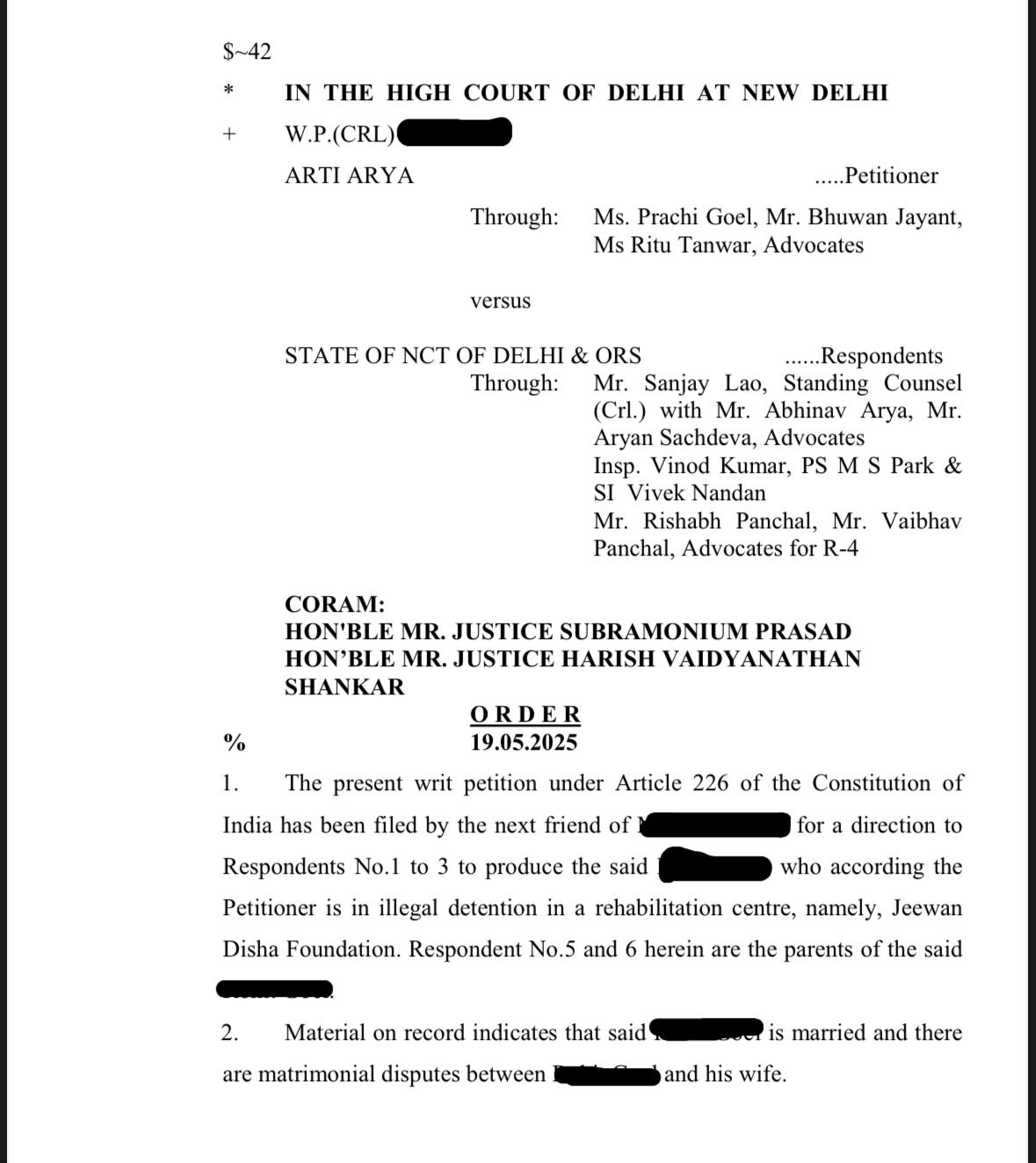
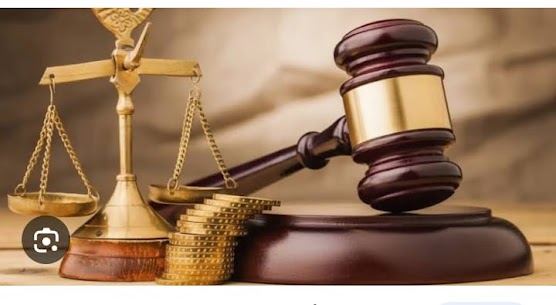
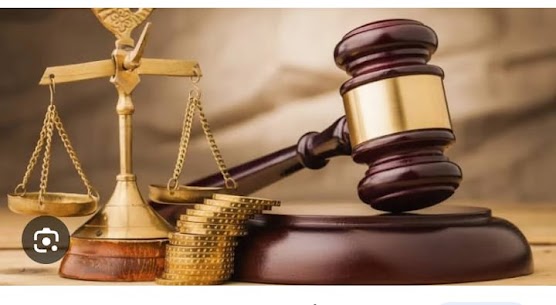
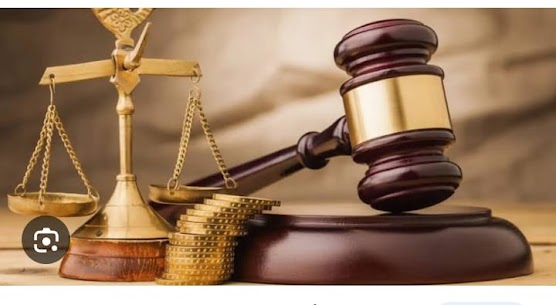
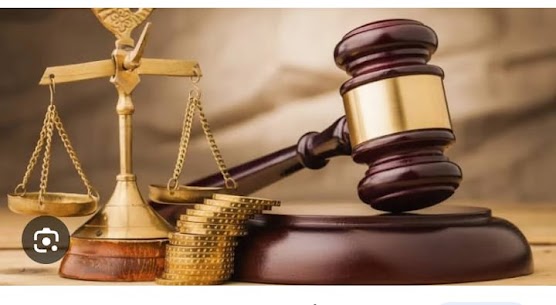
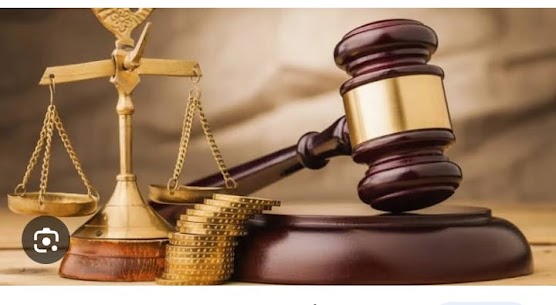
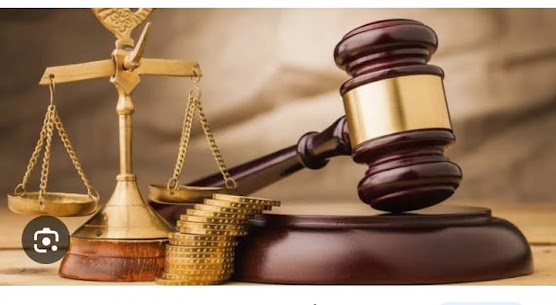
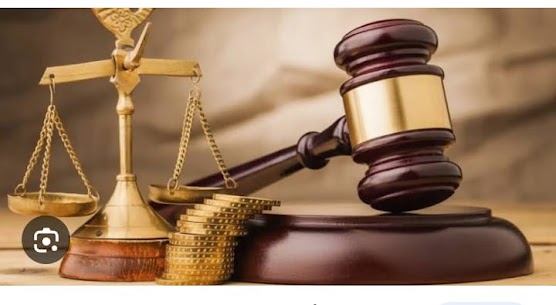
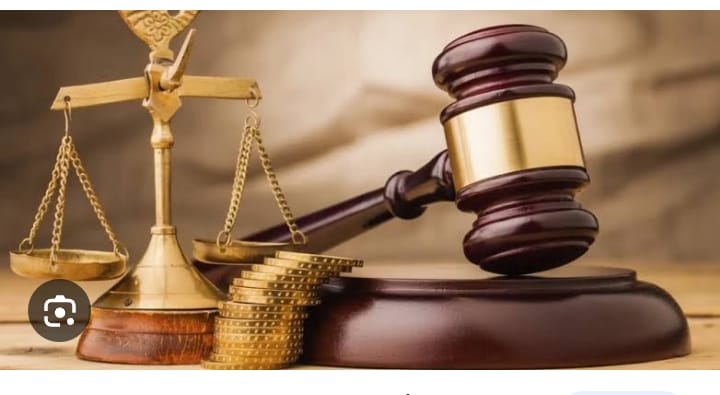

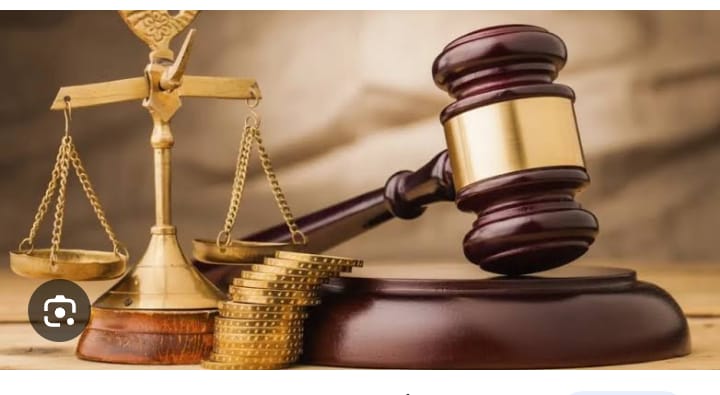
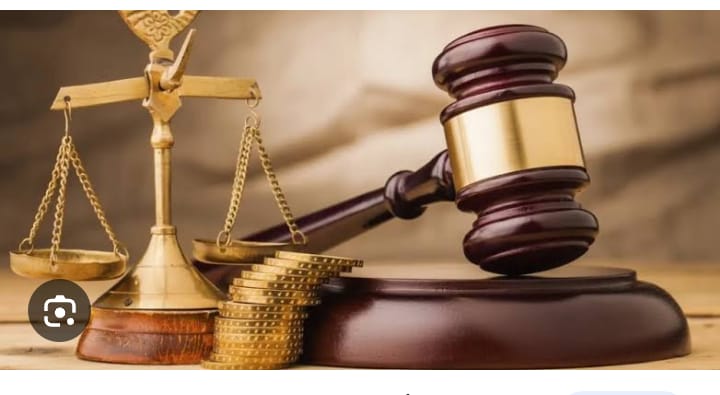
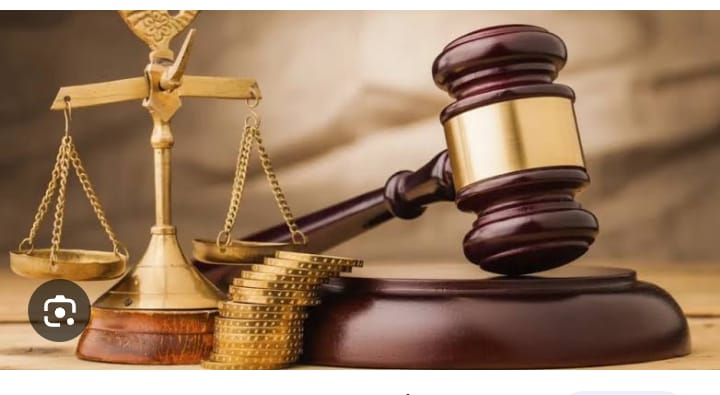
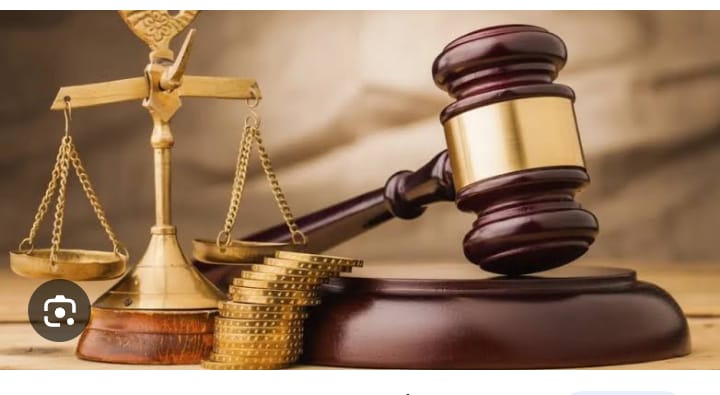
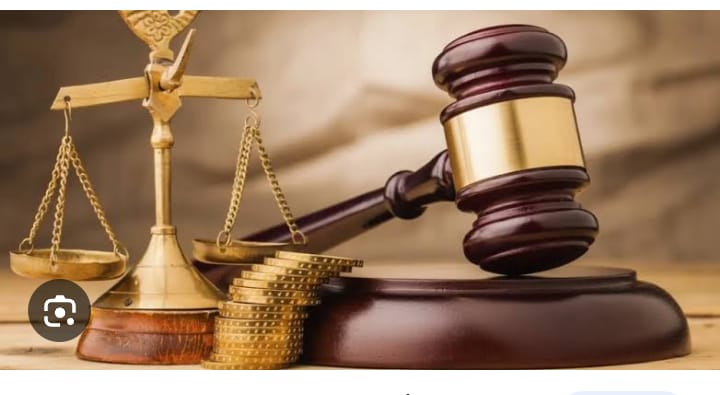
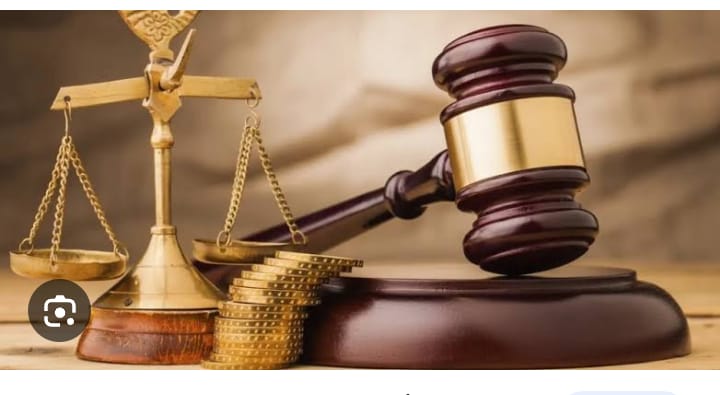
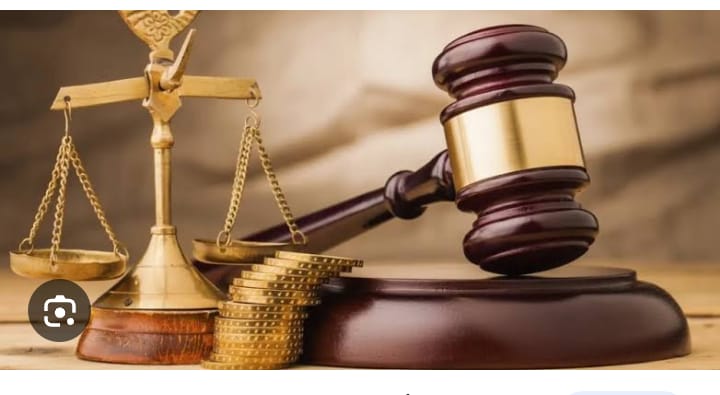
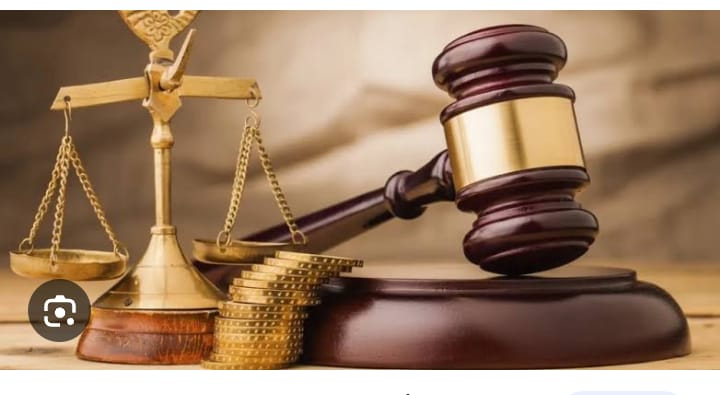
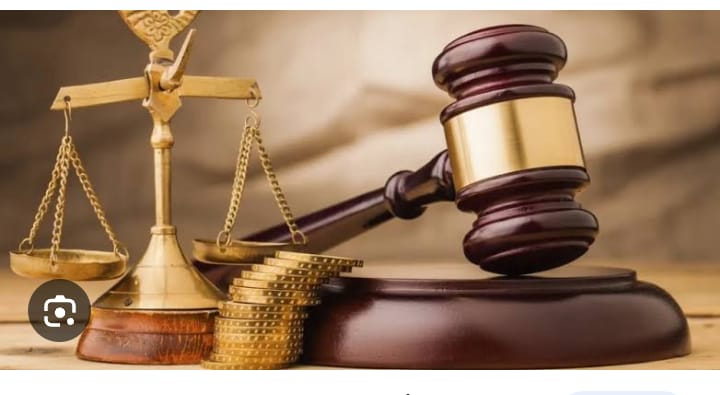
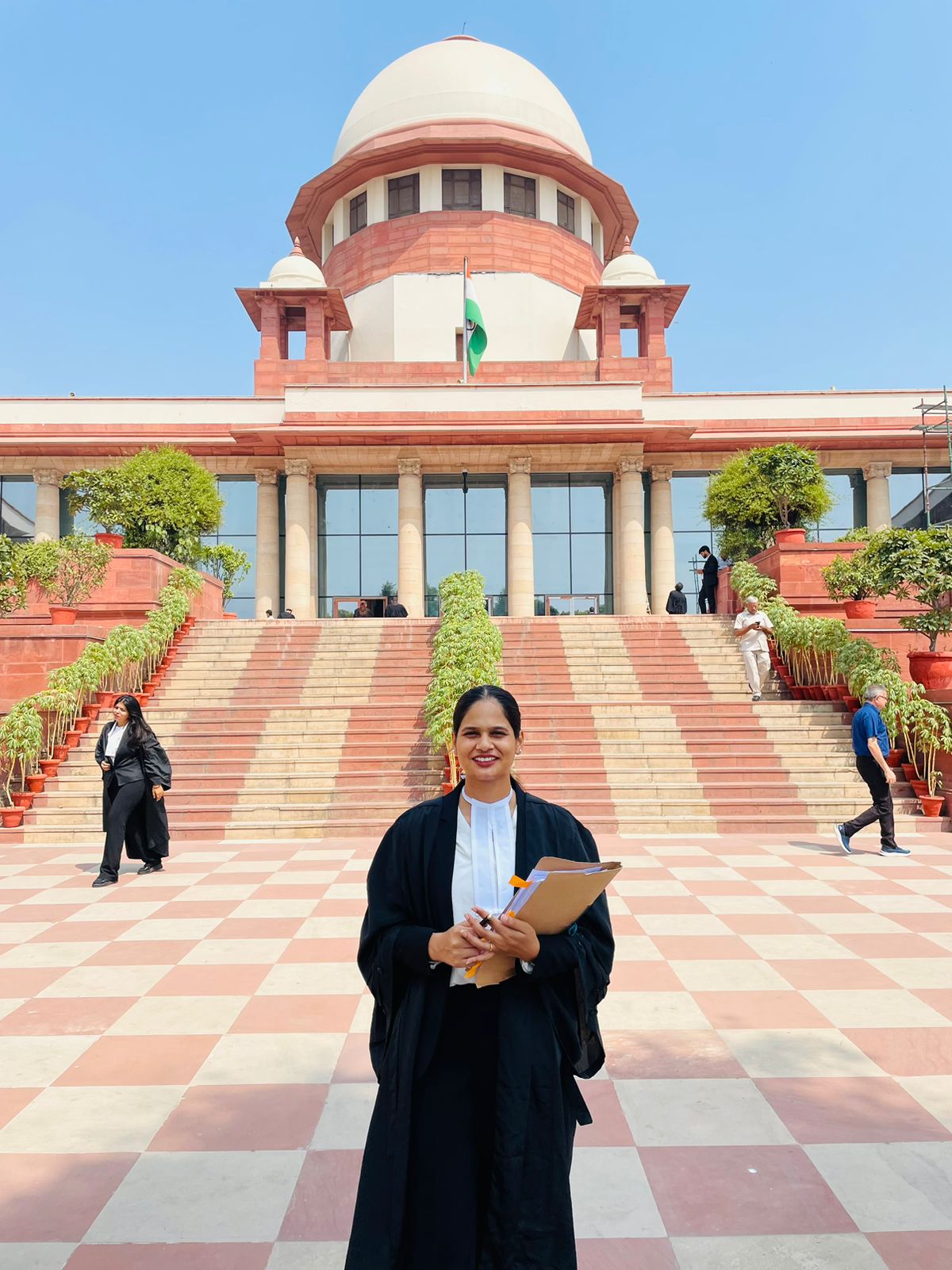
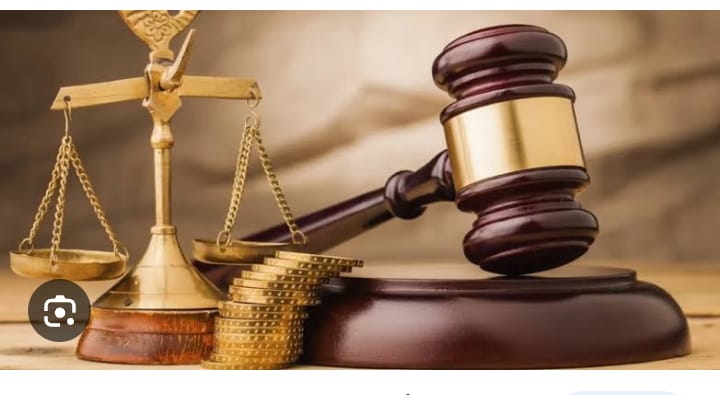
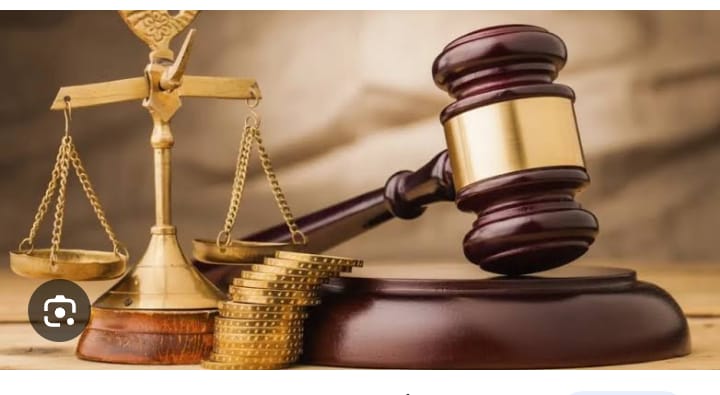
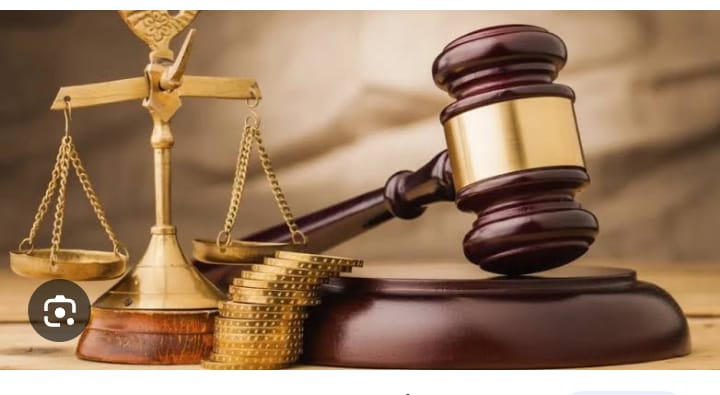
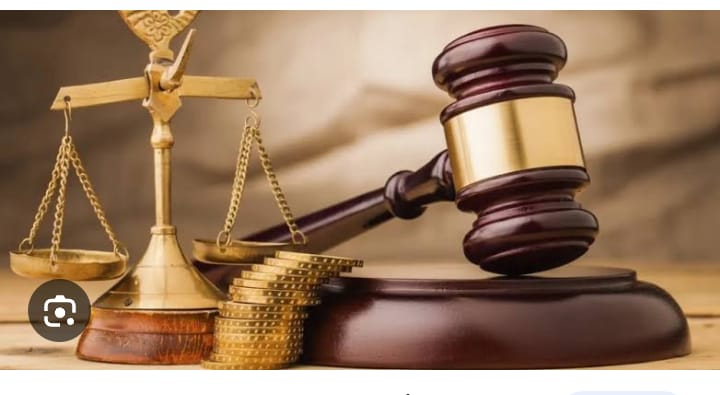


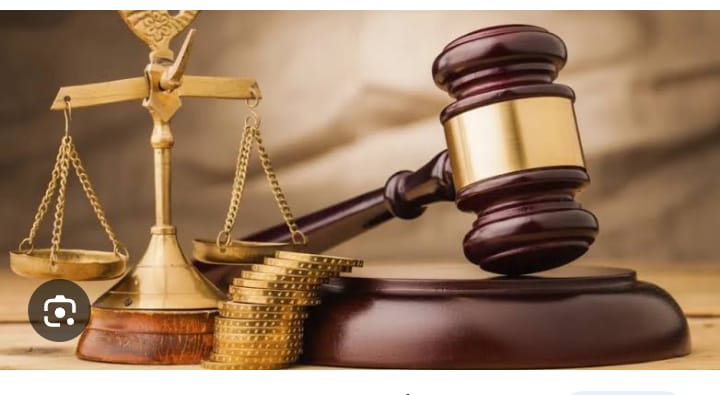
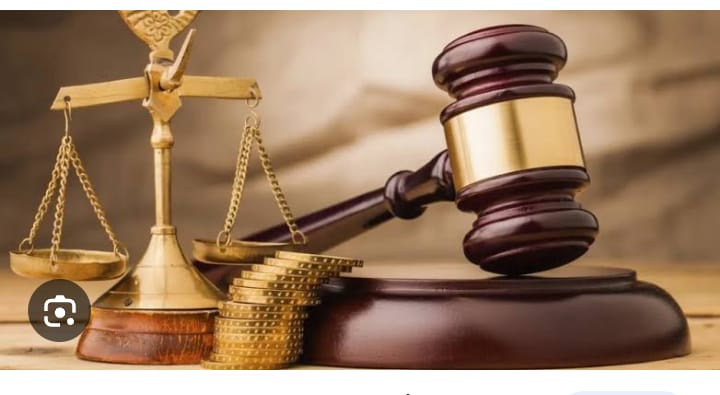
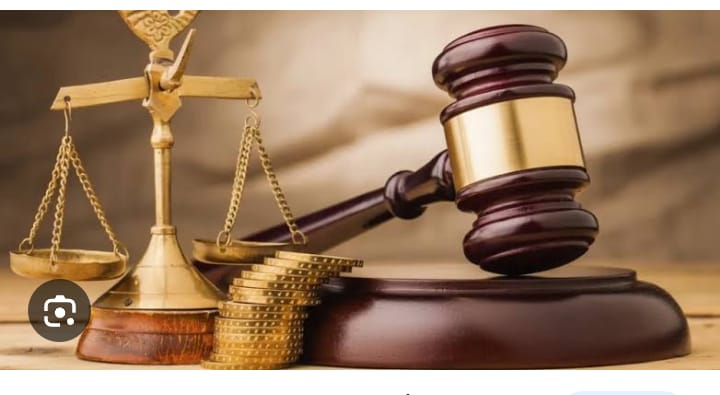
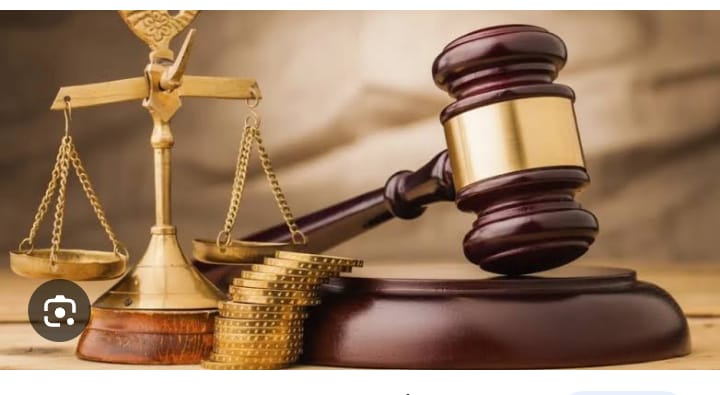
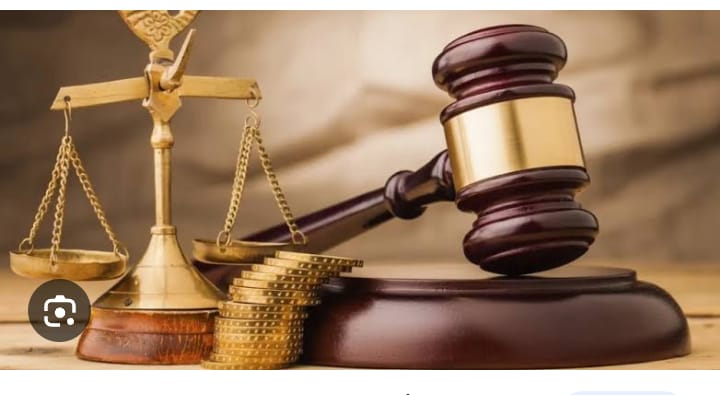
.jpg)